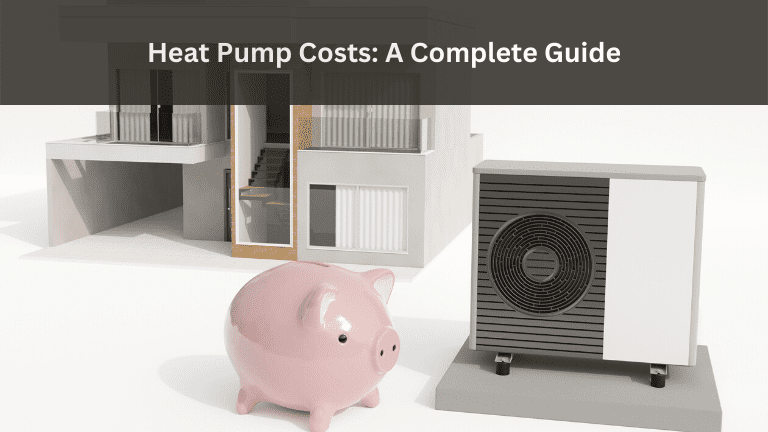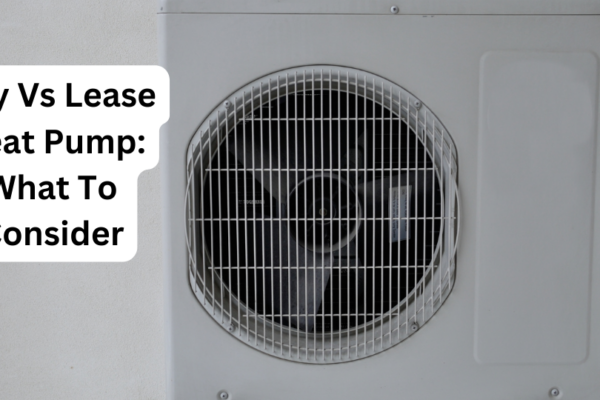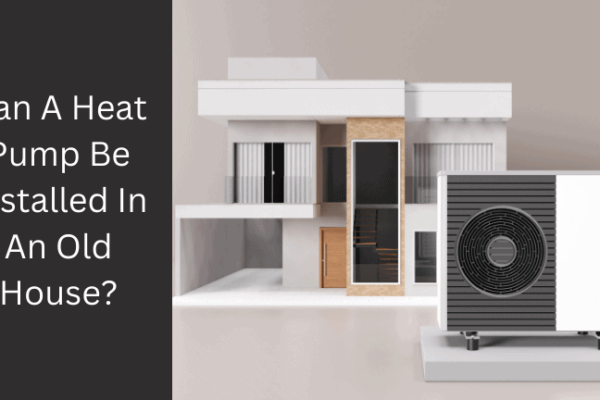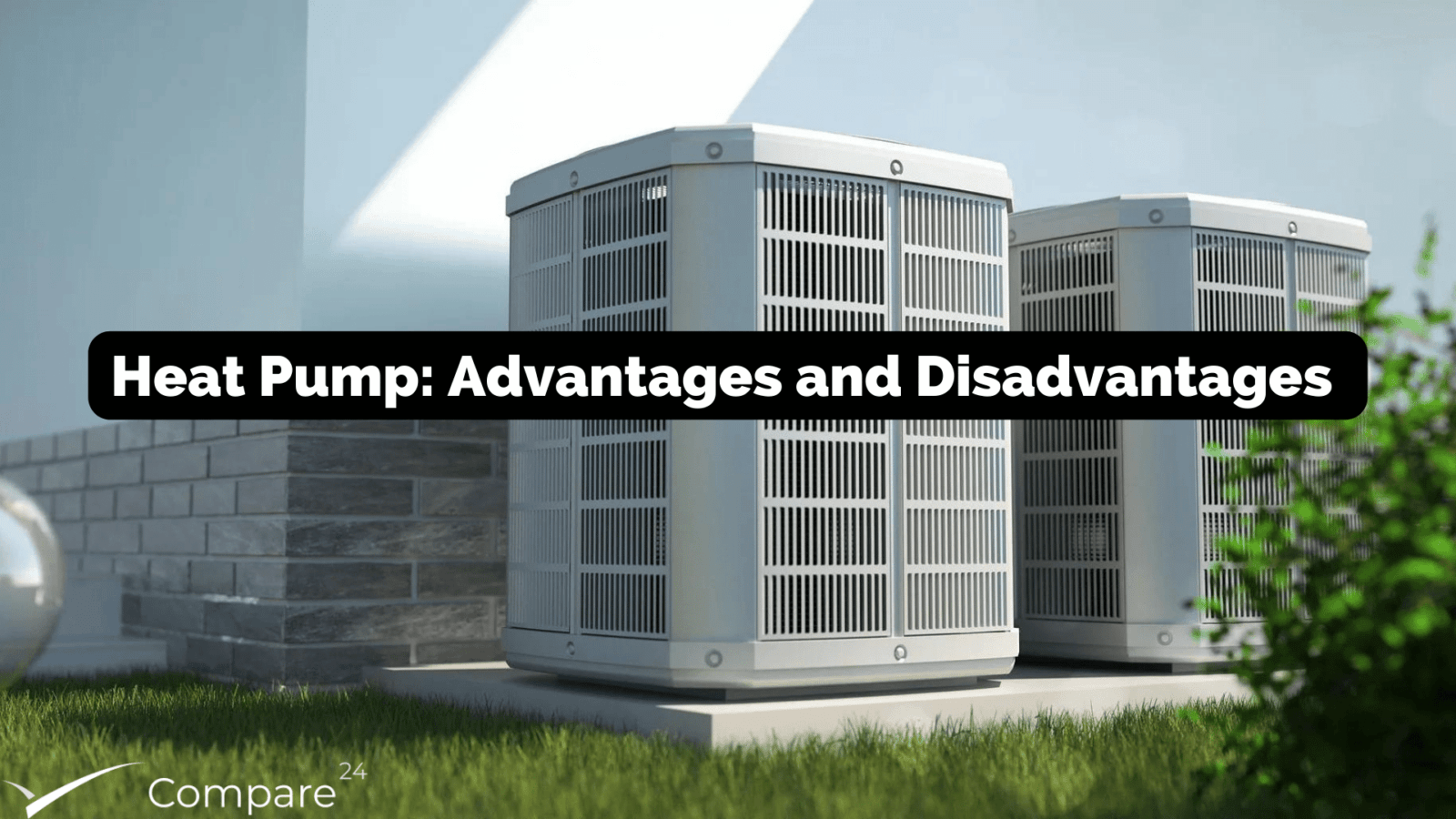Cleaner energy sources are becoming critically important as more people recognize the threat of global warming. Just a decade ago, renewable technologies like solar, wind and energy storage were so expensive only a few consumers could afford them.
Consequently, fewer consumers adopted them and they were perceived as more of a novelty than a concrete solution for reducing climate change. This has started to change, however. Owing to increased awareness of global warming and advancements in technologies and manufacturing, the cost of renewables continues to fall.
Falling prices has made it easier for more people to adopt renewable technologies. Heat pumps are one of several technologies that can be used to reduce your carbon footprint. In this article, we look at how heat pumps contribute to a carbon neutral future. We also look at how much it costs to switch to a heat pump and what the main considerations are.
Why Are Heat Pumps Important?
Heat pumps are important to creating a sustainable world. Electricity consumption is the second biggest contributor to carbon emissions, with the biggest being the transport sector. Reducing or making electricity consumption more efficient would go a long way in reducing greenhouse gas emissions. Heat pumps could offset up to 8 million tons of emissions by 2050.
Heat Pumps Are More Efficient
Furnaces are not the most efficient heating system. They use natural gas, oil or electricity to produce heat in a conversion process that is 85 percent efficient.
Heat pumps capture heat from the air or the ground in a process that is more efficient. Under the right circumstances, heat pumps can produce more heat from the electricity they use. For every watt of electricity a heat pump consumes it can produce between three to four joules of heat.
Provided your home is well insulated, switching to heat pumps can have a drastic impact on reducing your consumption of fossil fuel generated energy. This is even more so when you combine heat pumps with solar panels.
Long-term Electricity Cost Savings
One of the biggest drawbacks of heat pumps is their upfront cost. They typically cost more than either a furnace or air conditioner. With that said heat pumps cost less than the combined cost of a furnace and air conditioner.
They also use less electricity over the course of their lifespan. Depending on your climate and the heat pump system used, you can reduce your electricity consumption and save between 20 to 80 percent on your bill.
This is supported by data from a field trial by the Energy Saving Trust. According to the trial data, switching from an old LPG boiler to an air source heat pump for a four-bedroom detached home in Northern Ireland could bring in £4,300 in yearly savings and offset 6.5 tons of carbon emissions.
With that being said, it’s important to reiterate these savings do not apply universally. It largely depends on how cold your climate is. In extremely cold climates, heat pumps have to work much harder which means they use more electricity. This reduces their efficiency.
It’s also important to try to reduce your upfront costs as much as possible. One way to reduce your costs is to get multiple quotes and compare to find the best deal.
What Does An Air Source Heat Pump Cost?
Air source heat pumps use outside air to cool or heat your home. Air source heat pumps are the most common type of heat pump. This is primarily because they are easier and cheaper to install than the alternative ground source heat pump.
Air source heat pumps cost between £8,000 to £18,000. Costs will vary according to several factors. It’s also important to note when you look for quotes whether the cost is inclusive of the heat pump itself and installation. In some cases, what might seem like a low price is actually just the cost of the unit without installation.
What Does A Ground Source Heat Pump Cost?
Ground source heat pumps draw heat from the ground or a water source before circulating the heat through your home. They also work to cool your home. Ground source or geothermal systems are much more difficult to install than air source heat pumps.
They typically require more labor and materials as the system has to be dug into the ground. This is why geothermal systems are more expensive. Ground source heat pumps cost between £20,000 to £35,000.
What Determines The Cost Of A Heat Pump?
Aside from the type of system used, there are several factors that influence the cost.
Heating Demands
The more heating or cooling required, the bigger the system needs to be. This is largely a factor of the size of the building. A one or two bedroom flat will have lower heating demands than a four-bedroom detached house.
This is partly why you also want to ensure you look for the most efficient heat pumps when you search for quotes. A heat pump with a higher efficiency rating allows you the latitude of getting a smaller capacity.
Climate
Climate will determine not just the upfront costs but the long-term running costs. Depending on your climate, a heat pump will have to work harder to heat your home. This is the case in colder climates. This can significantly drive up the running costs especially if backup heating is needed.
Installation
How much work will be involved in installing the system? For example, if your home does not have or has inadequate duct work, this means more work. This in turn means higher costs if duct work needs to be installed or repaired.
Insulation
A well insulated home means your heat pump does not need to work as hard to provide the required temperatures. Heat pumps work best or less in homes that have good insulation. Making your home more energy efficient will reduce the running costs of any heating and cooling systems.
Tax Rebates
Most countries have a raft of sustainable development goals. One of the ways in which they are trying to reach those goals is encouraging citizens to adopt renewable energy solutions. There are several local and country tax rebates that can easily knock off up to 30 percent of the upfront cost of a heat pump.
If you want to know how much you can save by switching to a heat pump, take our quiz and start your journey to cleaner, more carbon neutral home.




